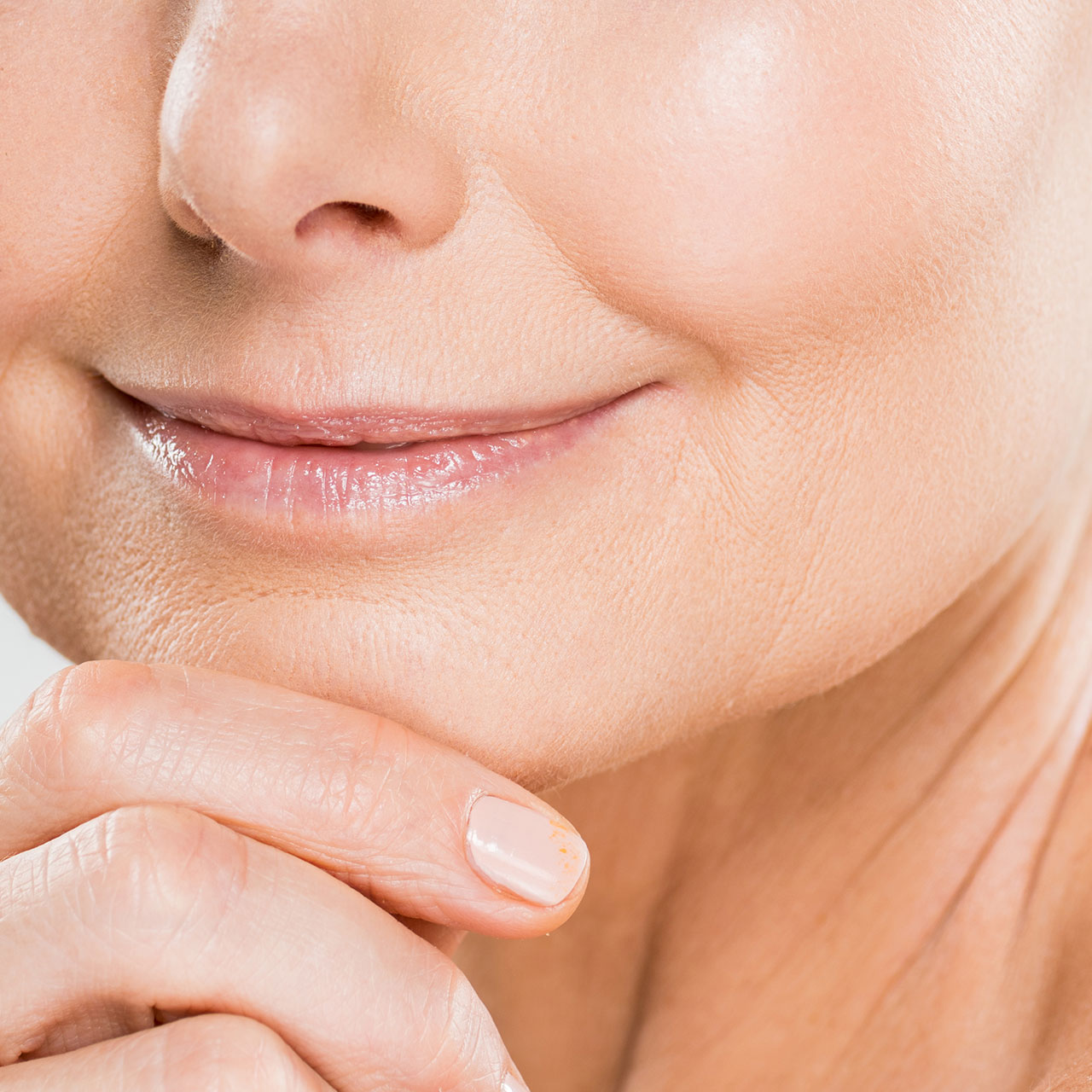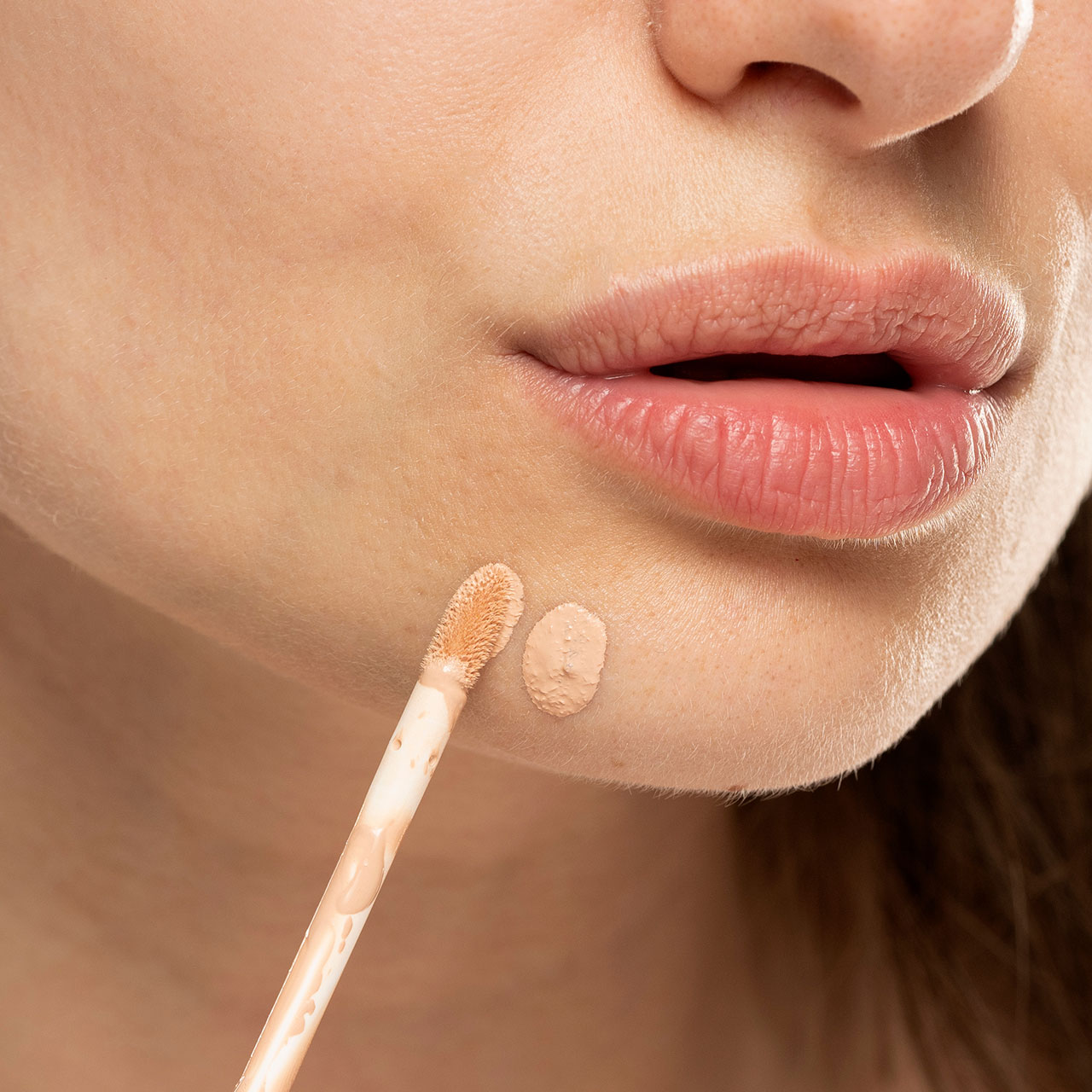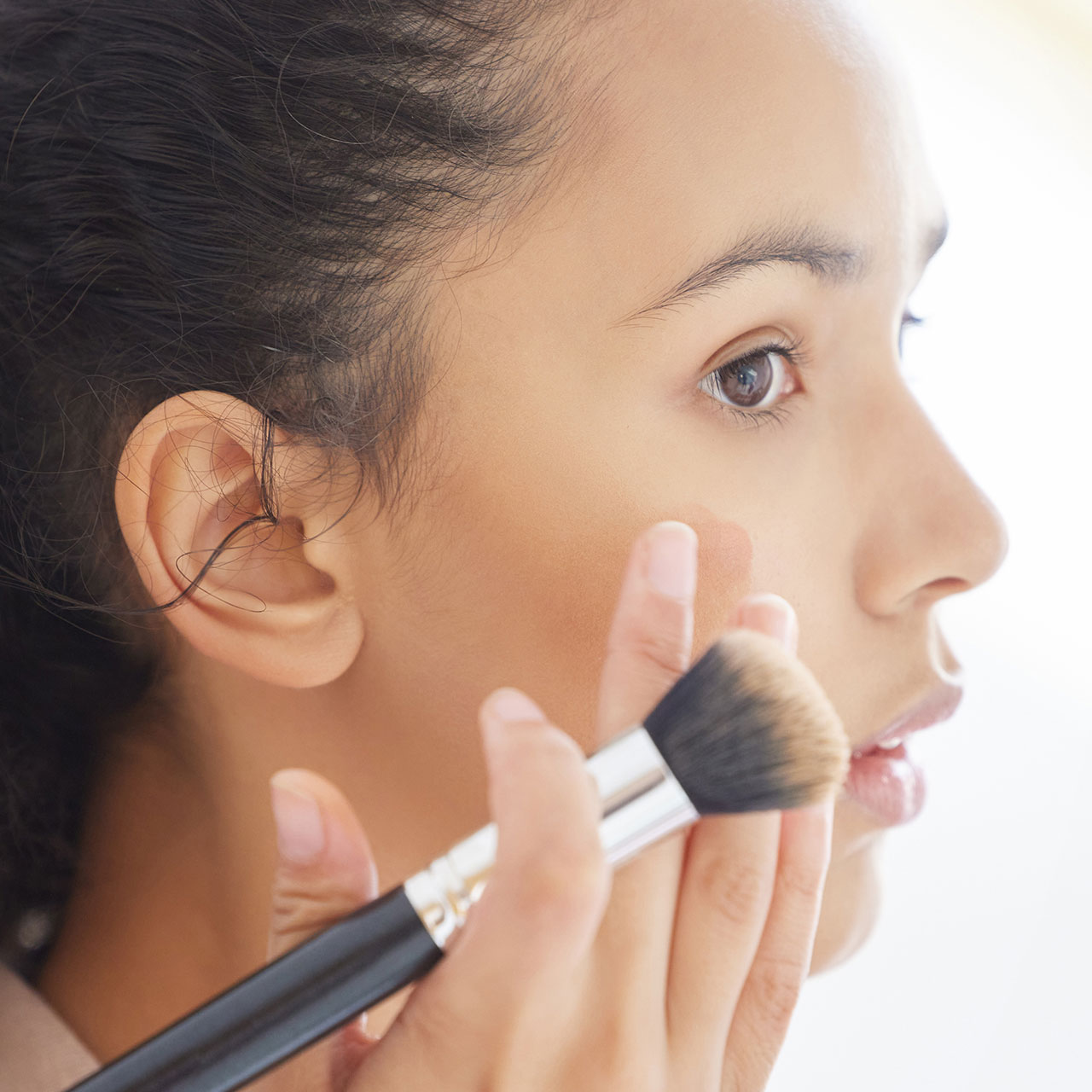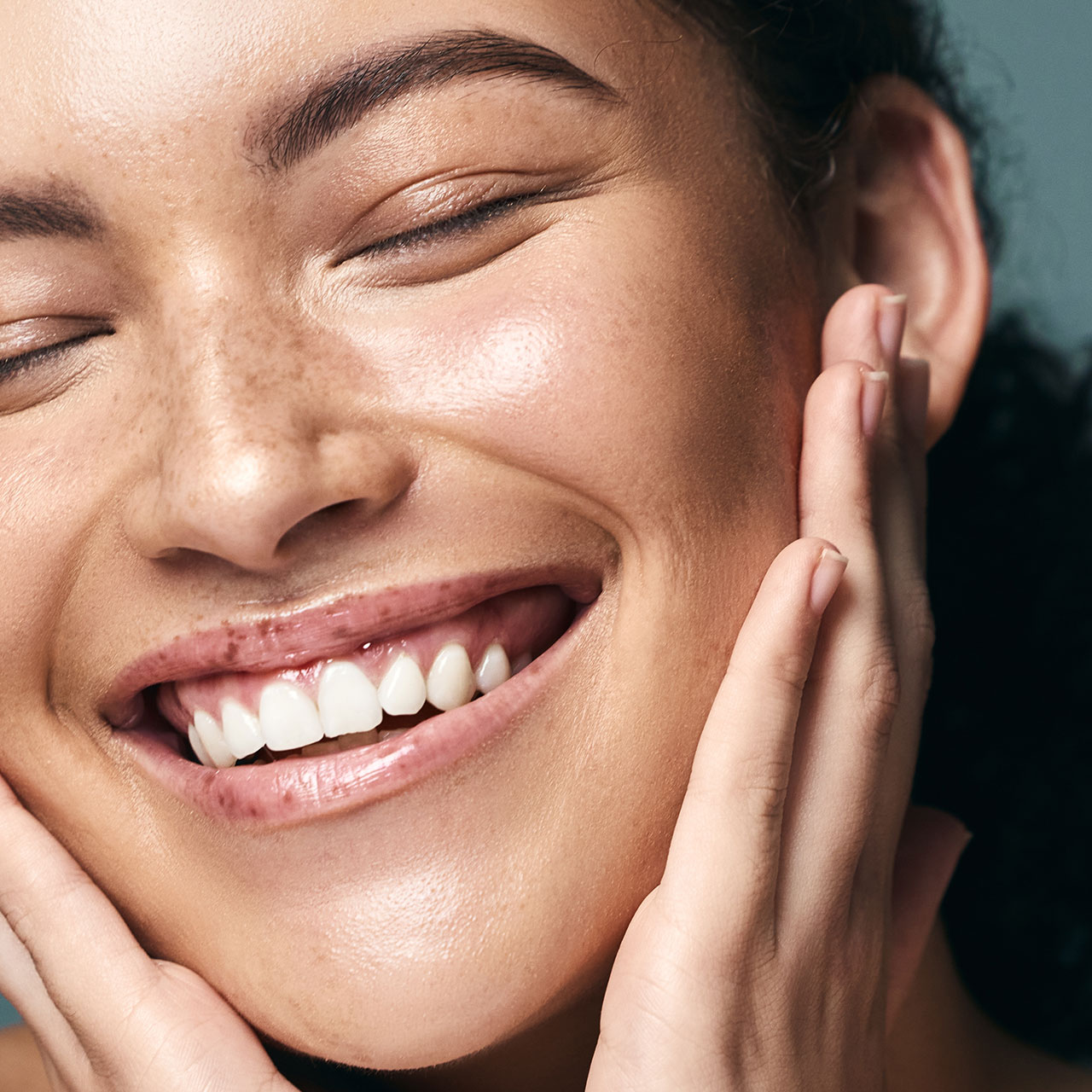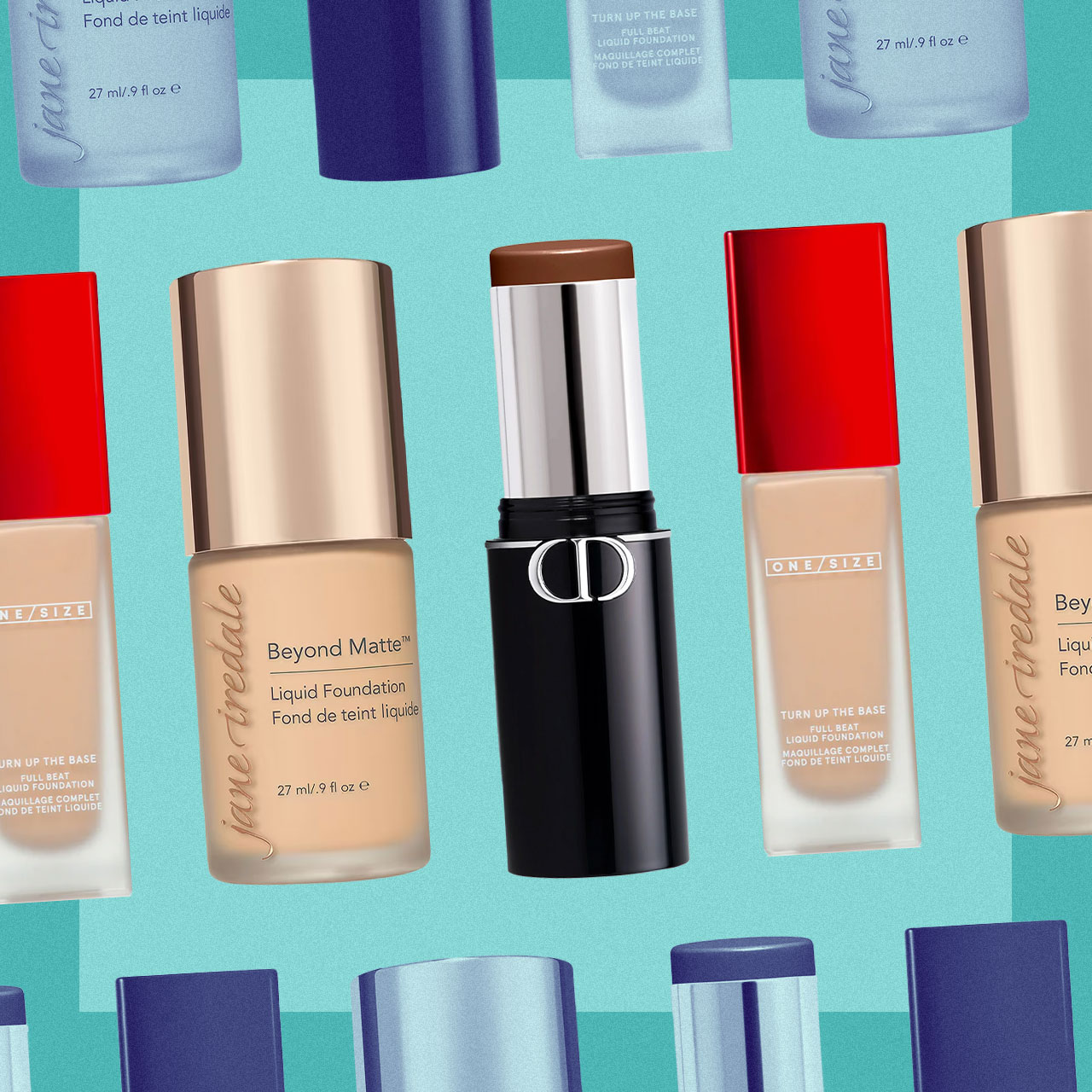Serums are the closest thing we have to a magic trick in the vast world of skincare products. Sure, cleansers are reliable and moisturizers and sunscreen are necessary — but serums kick everything up a notch (or several notches, depending on their ingredients). It seems like that memo is no secret though, and there’s a serum for every skin concern or desire under the sun, from serums that tackle acne to elixirs that help minimize the appearance of wrinkles.
If you’ve ever wondered how dermatologists dwindle down which serums are worth their time and money and which are nice, but not groundbreaking, wonder no more. These are the three best serums that dermatologists rely on to make you look 10 years younger.

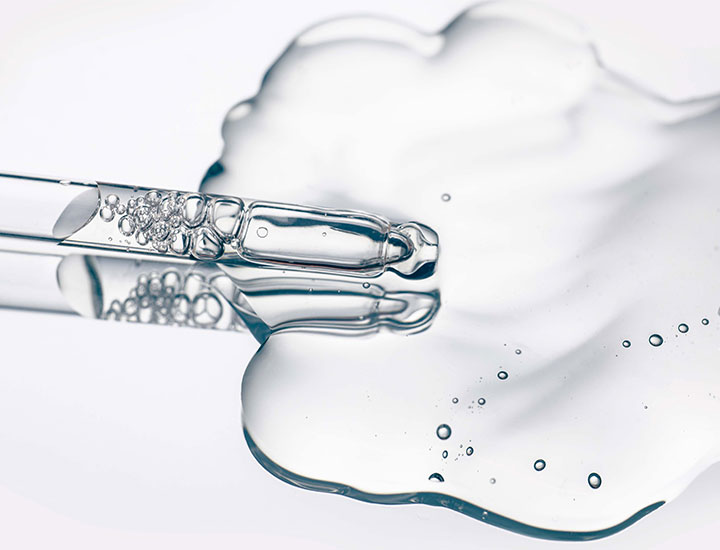
Vitamin C
Vitamin C is a powerful antioxidant that protects skin from environmental damage, like free radicals caused by pollutants or UV exposure, explains Dr. HariKiran Chekuri, a dermatologist and the medical head of ClinicSpots.
“Additionally, Vitamin C helps to build collagen, which helps keep skin firm and smooth,” he says. Vitamin C is one of the first serums Dr. Chekuri says he turns to because it, in combination with ferulic acid, helps to protect the skin from environmental damage and can even blur fine lines and reduce the appearance of crow’s feet.
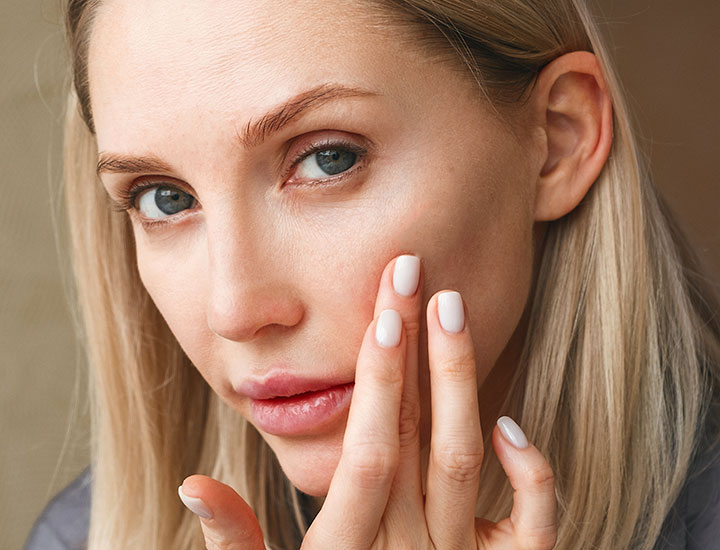
The best way to incorporate vitamin C into your current skincare routine is by using a few drops of it in the morning after your cleanser and before moisturizer and sunscreen. Remember to avoid mixing vitamin C with other actives like retinol, especially if you have sensitive skin — the combination could be irritating and drying.
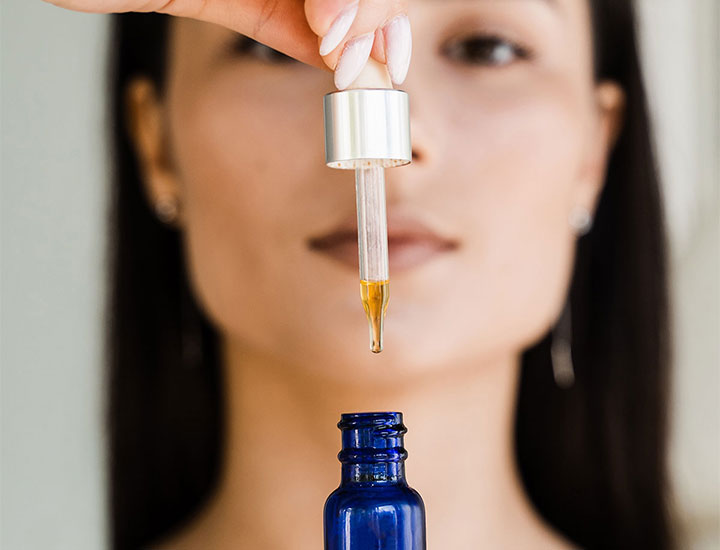
Retinol
Speaking of retinol — it’s one serum ingredient that you’ll find most dermatologists agree on when asked about anti-aging gems. Retinol is a vitamin A derivative that helps boost skin cell production (which slows down with age) and increases collagen production to help smoothen fine lines and wrinkles and even lighten dark spots. Retinol is found in many OTC serums, but if you’re interested in kickstarting your routine with medical-grade retinol, talk to your dermatologist. They may start you off on a lower percentage of retinol so that your skin can get used to it.
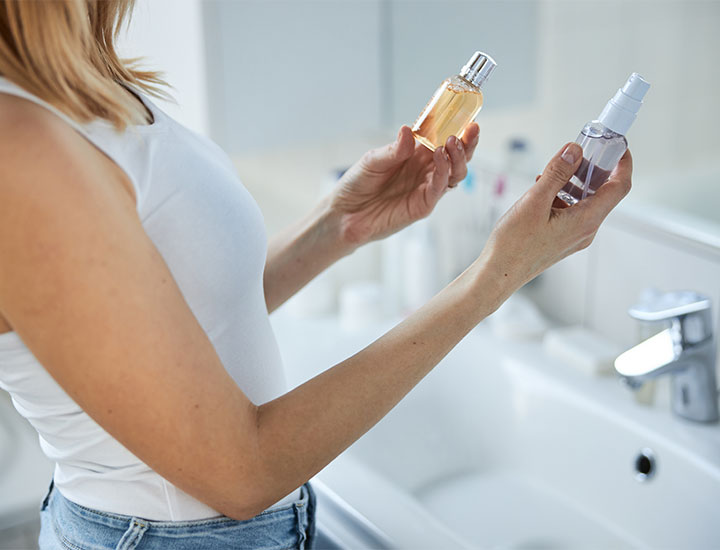
Peptides
The third amazing serum you need in your life? One with peptides. “Peptides are small molecules of proteins that are essential for healthy skin cell growth, repair and renewal,” Dr. Chekuri says. “Peptides also stimulate collagen production to keep skin looking youthful and tight.”
Peptides and hyaluronic acid work together to stimulate collagen production and promote healthy cell growth, Dr. Chekuri explains. “This helps build new skin cells that can replace old, wrinkled cells, resulting in smoother-looking skin.”
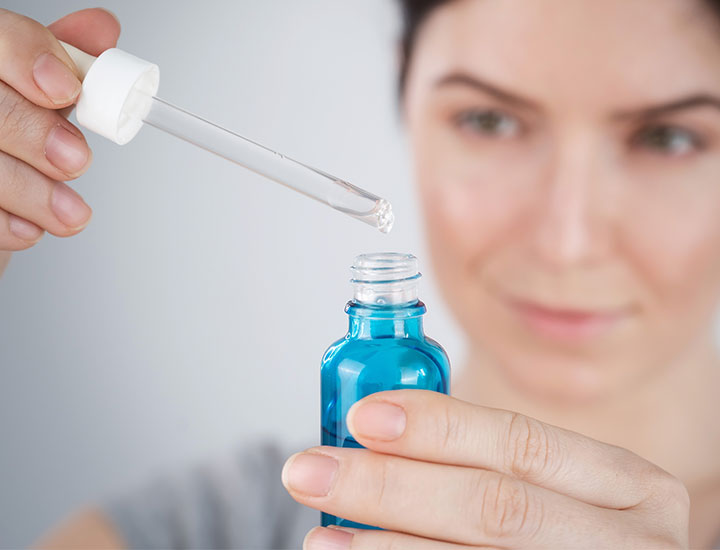
Remember to go slowly if you’re incorporating a few new serums into your skincare routine. You’ll want to be sure each serum works with your skin type and contains ingredients that won’t irritate your skin. When in doubt, visit a board-certified dermatologist to get tips and product recommendation that will work best for you.



